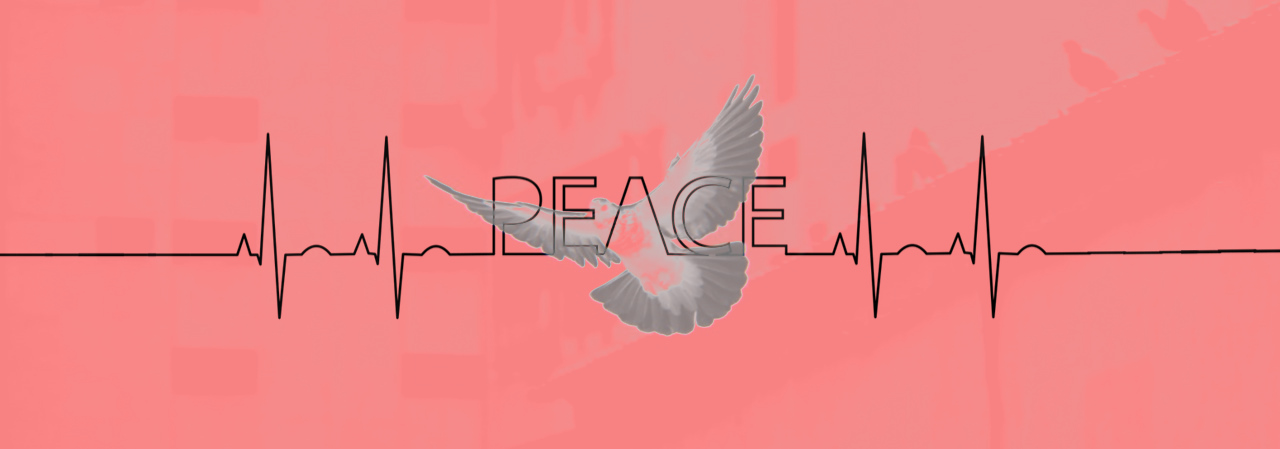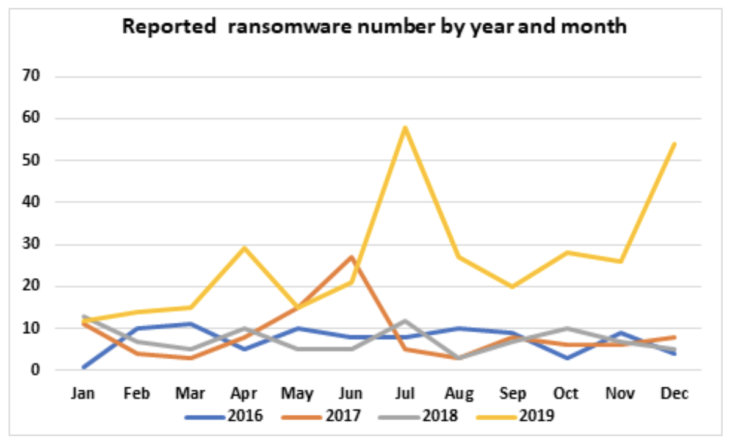ΚΕΙΜΕΝΟ: FORTUNEGREECE.COM
16/03/2020 18:00

Οι ερευνητές της ESET συγκέντρωσαν μερικές από τις πιο συνηθισμένες μορφές απάτης και τις αναλύει, εφιστώντας την προσοχή στους χρήστες.
Τις ιδιαίτερες συνθήκες που έχει προκαλέσει σε όλον τον πλανήτη η πανδημία του κοροναϊού εκμεταλλεύονται οι κυβερνοεγκληματίες, όπως προειδοποιεί σχετικά η ESET. Η παγκόσμια ανησυχία, οι ευπαθείς ομάδες που διατρέχουν τον υψηλότερο κίνδυνο, η υπερβολική ζήτηση για αγαθά που δεν είναι πλέον σε απόθεμα και η παραπληροφόρηση στα μέσα κοινωνικής δικτύωσης – όλα αυτά ισοδυναμούν με μια τεράστια ευκαιρία για τους απατεώνες του διαδικτύου. Οι ερευνητές της ESET συγκέντρωσαν μερικές από τις πιο συνηθισμένες μορφές απάτης και τις αναλύει, εφιστώντας την προσοχή στους χρήστες.
Κακόβουλα νέα
Οι απατεώνες προσποιούνται ότι στέλνουν σημαντικές πληροφορίες από έγκυρους φορείς, όπως τον Π.Ο.Υ. (Εικ.1) ή από αξιόπιστους δημοσιογραφικούς οργανισμούς, όπως τη Wall Street Journal (Εικ.2), με στόχο να ξεγελάσουν τα πιθανά θύματα να κάνουν κλικ σε κακόβουλα link. Συνήθως, τέτοιοι σύνδεσμοι μπορούν να εγκαταστήσουν κακόβουλο λογισμικό, να κλέψουν προσωπικές πληροφορίες ή να επιχειρήσουν να αποσπάσουν διαπιστευτήρια σύνδεσης και κωδικούς πρόσβασης.
Εκμετάλλευση της φιλανθρωπίας
Σε αυτή τη μορφή scam, οι κυβερνοεγκληματίες προσπαθούν να πείσουν το θύμα να βοηθήσει στη χρηματοδότηση εμβολίου για τα παιδιά στην Κίνα. Καθώς αυτή τη στιγμή εμβόλιο δεν υπάρχει, οι χρήστες τελικά καταλήγουν να στέλνουν bitcoin στα πορτοφόλια των απατεώνων. Η τεχνική είναι αποτελεσματική μόνο σε ένα πολύ μικρό ποσοστό χρηστών, αποκτά όμως σεβαστό μέγεθος αν αναλογιστεί κανείς ότι γίνεται σε παγκόσμια κλίμακα.
Μάσκες
Σε έναν άλλο τύπο απάτης, οι κυβερνοεγκληματίες στέλνουν spam email (Εικ.3) θέλοντας να ξεγελάσουν τα θύματα ότι μπορούν να παραγγείλουν μάσκες που θα τους κρατήσουν ασφαλείς από τον κοροναϊό. Στην πραγματικότητα, τα θύματα καταλήγουν να αποκαλύπτουν, χωρίς να το θέλουν, ευαίσθητα προσωπικά και οικονομικά δεδομένα.
Σύμφωνα με το Sky News, οι απατεώνες πωλητές μασκών απέσπασαν 800.000 λίρες Αγγλίας (1 εκατομμύριο δολάρια) από χρήστες στο Ηνωμένο Βασίλειο, μόνο τον Φεβρουάριο.
Η ESET συμβουλεύει τους χρήστες να έχουν το νου τους σχετικά με αυτές και αντίστοιχες απάτες και να είναι ιδιαίτερα προσεκτικοί, εφαρμόζοντας τις παρακάτω οδηγίες:
Η ESET συμβουλεύει τους χρήστες να έχουν το νου τους σχετικά με αυτές και αντίστοιχες απάτες και να είναι ιδιαίτερα προσεκτικοί, εφαρμόζοντας τις παρακάτω οδηγίες:
Αποφύγετε να κάνετε κλικ σε συνδέσμους ή να κάνετε λήψη συνημμένων σε ανεπιθύμητα μηνύματα/κείμενα από άγνωστες πηγές ή ακόμα και από αξιόπιστες πηγές, παρά μόνο αν είστε απολύτως βέβαιοι ότι το μήνυμα είναι αυθεντικό.
Αγνοήστε τις επικοινωνίες που ζητούν τα προσωπικά σας στοιχεία. Αν κρίνετε ότι είναι απαραίτητο να τα δώσετε, φροντίστε πρώτα να ελέγξετε την αυθεντικότητα του αποστολέα, χρησιμοποιώντας ένα διαφορετικό μέσο από το ίδιο το email (π.χ. αναζήτηση στο διαδίκτυο).
Προσέξτε ιδιαίτερα τα email που έχουν σήμανση «επείγον» ή «προσοχή» και σας παροτρύνουν να λάβετε άμεσα μέτρα ή προσφέρουν εμβόλια ή θεραπείες για τον COVID-19.
Προσέξτε για φιλανθρωπικές καμπάνιες ή εκστρατείες crowdfunding που μπορεί να είναι απάτες.
Χρησιμοποιήστε αξιόπιστο λογισμικό με πολλαπλά επίπεδα ασφάλειας, που διαθέτει προστασία από το ηλεκτρονικό «ψάρεμα» (phising)







